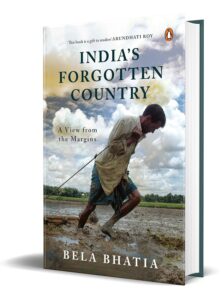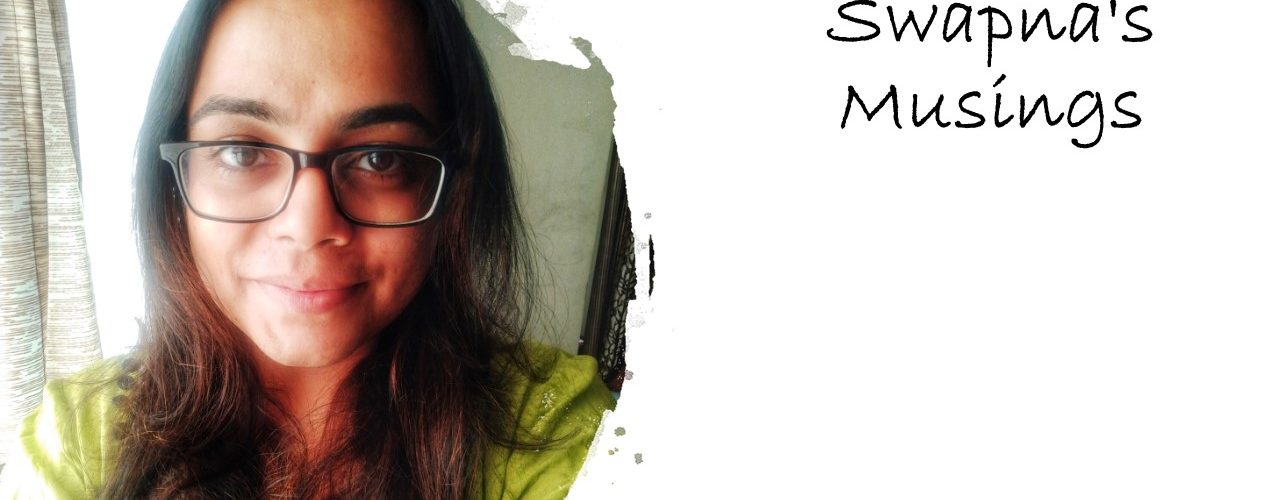Book: India’s Forgotten Country: A View from the Margins
Author: Bela Bhatia
Reading “India’s Forgotten Country: A View from the Margins” by Bela Bhatia was an eye-opening experience for me. Bhatia’s exploration of marginalized communities in India offers a vivid and unflinching look at the systemic oppression faced by Dalits, Adivasis, and other disadvantaged groups. As someone who appreciates stories that expose the harsh realities of society, I found Bhatia’s account both powerful and deeply moving. Her extensive work as a human rights lawyer and activist shines through in this book, bringing to light narratives of resilience amid widespread injustice.
The book is structured as a collection of essays and firsthand accounts, reflecting Bhatia’s three-decade-long journey as an activist. As I read, I was taken through various regions like Gujarat, Bihar, Telangana, Nagaland, Kashmir, and others. Each chapter immersed me deeper into these areas, revealing the struggles and resistance of communities battling against systemic challenges. Bhatia’s ability to document the socio-political landscape while staying connected to the human stories at its core was something I deeply admired.
What stood out to me were the real-life figures Bhatia focused on. Characters like Deepa Musahar, a Dalit woman fighting against caste-based discrimination, and Kaliben, a bonded laborer yearning for freedom, left a lasting impression. The stories of Muchaki Sukadi, an Adivasi woman caught in the conflict between state forces and Maoists, and Zarifa Begum, a Kashmiri woman living amidst regional strife, were equally poignant. These individuals weren’t just subjects of analysis; they were resilient people whose lived experiences offered me a deeper understanding of the broader socio-political issues in India.
One of the key themes Bhatia addresses is the systemic nature of oppression. The book delves into issues like caste discrimination, bonded labor, and the devastating impacts of armed conflicts on innocent lives. Yet, what resonated with me most was the resilience displayed by those facing these challenges. Rather than portraying these individuals solely as victims, Bhatia highlights their strength and resistance, creating a narrative filled with hope despite adversity.
I also appreciated Bhatia’s writing style, which strikes a balance between detailed research and empathetic storytelling. She has a way of making complex socio-political issues accessible without losing the depth of her analysis. The personal stories interwoven with broader analyses made the narrative not just engaging, but also deeply authentic. Her use of firsthand accounts added a raw immediacy that drew me in, making the struggles and victories of these communities feel all the more real.
That said, the book isn’t an easy read. The depth of information and the emotional weight of the content can be overwhelming. I found myself needing to take breaks as I processed the brutal realities Bhatia presents. The dense coverage and stark details can be challenging, but they’re also essential in truly grasping the magnitude of the issues at hand.
Overall, “India’s Forgotten Country: A View from the Margins” is a necessary and impactful read for anyone interested in human rights, social justice, or understanding the socio-political landscape of India. For me, it served as both a call to awareness and a call to action. Bela Bhatia’s work is a powerful testament to the resilience and courage of the people she writes about, and it has inspired me to engage more deeply with these issues. The book is a reminder of the importance of justice and empathy in addressing the struggles of marginalized communities, and I believe it’s a must-read for those who seek to better understand the complexities of systemic inequality.
*









Add comment